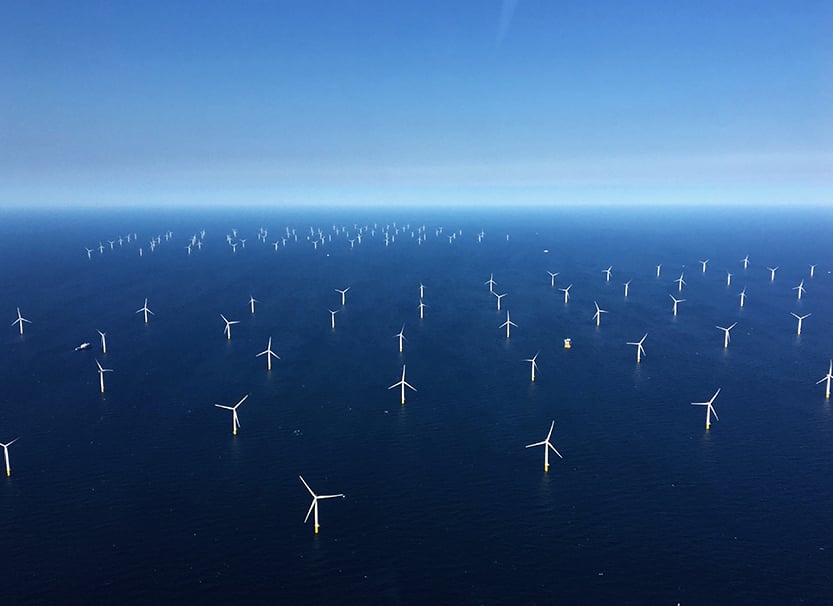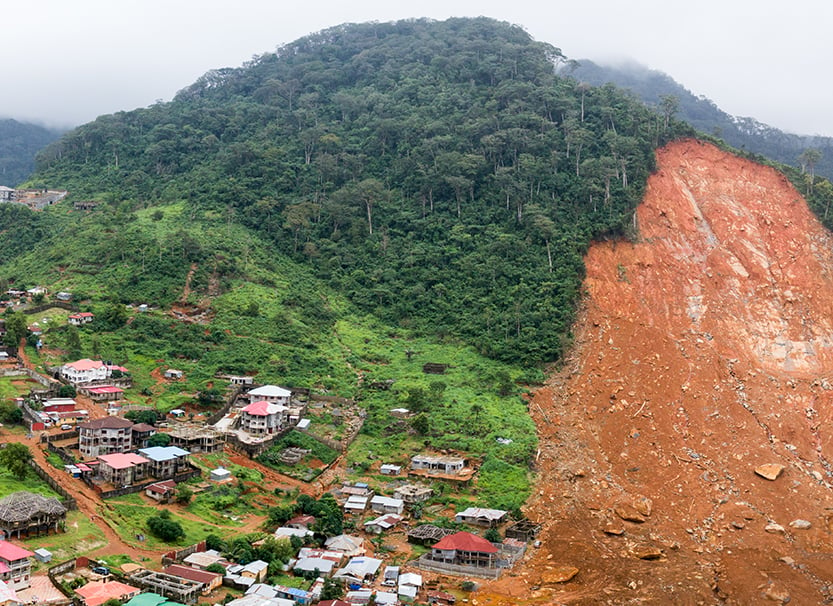D.C. Circuit Upholds U.S. EPA’s 2021 Interstate Ozone Transport Rule
On March 3, 2023, the D.C. Circuit Court of Appeals rejected an industry challenge to the April 2021 Revised Cross-State Air Pollution Rule (CSAPR) Update Rule from the Environmental Protection Agency (EPA or Agency), which required power plants in 12 “upwind” states to reduce nitrogen oxide (NOx), an ozone precursor, emissions such that those states did not inhibit downwind states’ ability to comply with the 2008 Ozone National Ambient Air Quality Standard (NAAQS).

White House Solicits Comments on Recommendations for Increased Public Engagement in Federal Rulemaking
On Tuesday, February 7, 2023, the Office of Information and Regulatory Affairs (OIRA) within the White House Office of Management and Budget issued a set of recommendations for broadening public engagement in the federal regulatory process and invited public input on the recommendations through March 10, 2023. The recommendations were developed in response to a commitment to support greater public engagement in the rulemaking process included in the Fifth U.S. Open Government National Action Plan released December 2022. OIRA stated that the recommendations were informed by written submissions and a public engagement session held in November 2022. Thus, OIRA’s solicitation for public input on the recommendations provides a unique opportunity for stakeholders to potentially shape future federal regulatory reform actions.
The Enforcement Angle: DOJ’s Environment & Natural Resources Division
The United States has an intricate system of laws, regulations, policies, and programs to respond to environmental and public health concerns. Enforcement is vital to that system’s effectiveness. The U.S. Department of Justice’s Environment & Natural Resources Division (ENRD) is tasked with enforcing the United States’ civil and criminal environmental laws, including the Clean Air Act, Clean Water Act, and hazardous waste laws. Their mission also involves the protection of the Nation’s natural resources and handling cases relating to tribal rights and resources.

Companies With Environmental-Related Concerns Should Pay Attention to DOJ’s Voluntary Self-Disclosure Policy
On February 22, 2023, the U.S. Department of Justice (DOJ) announced the formalization of its voluntary self-disclosure policy for corporate criminal enforcement (VSD Policy) for all U.S. Attorney’s Offices (USAO). The VSD Policy details the circumstances under which a disclosure will qualify as a voluntary self-disclosure under the policy and, in turn, provides incentives to companies to make eligible self-disclosures. One such incentive — provided that the company makes an eligible self-disclosure, fully cooperates, and timely and appropriately remediates the criminal conduct — is that the USAO will not seek a guilty plea unless there are aggravating factors present. This is the first time DOJ has issued nationwide standards for voluntary self-disclosures for corporate criminal enforcement.
DOE Announces Over $4B in Energy Transition Project Tax Credit and Grant Programs
The U.S. Department of Energy (DOE), alongside the Internal Revenue Service (IRS) and Department of the Treasury, has announced plans to implement programs funded by the Inflation Reduction Act and the Bipartisan Infrastructure Law: the Low-Income Communities Bonus Credit Program (48(e)), the Qualifying Advanced Energy Project Credit (48C)), and the Advanced Energy Manufacturing and Recycling Grant Program. Together, these programs will make available more than $4 billion in federal tax credits and grants for energy transition projects in an effort to “accelerate domestic clean energy manufacturing and ensure traditionally underserved communities benefit from clean energy technologies.”

